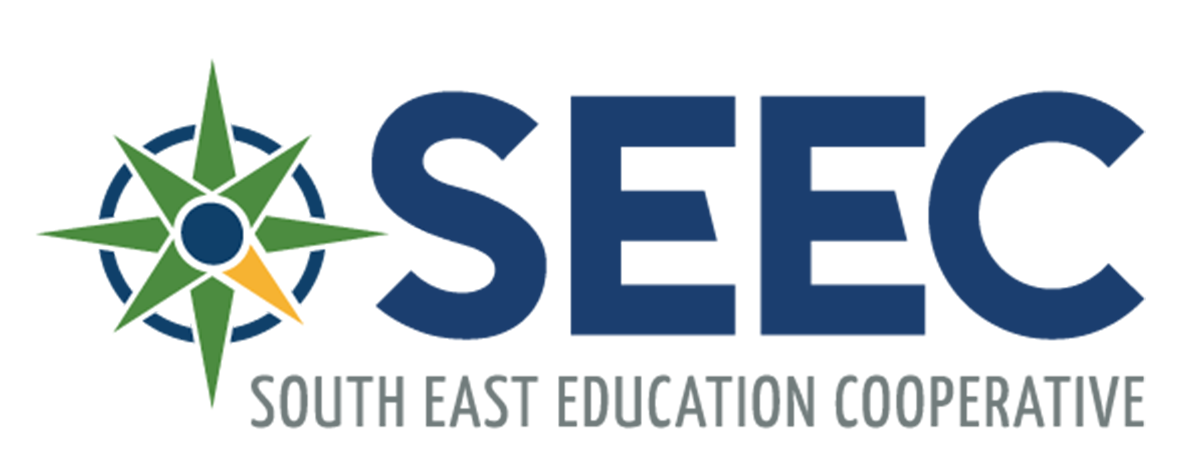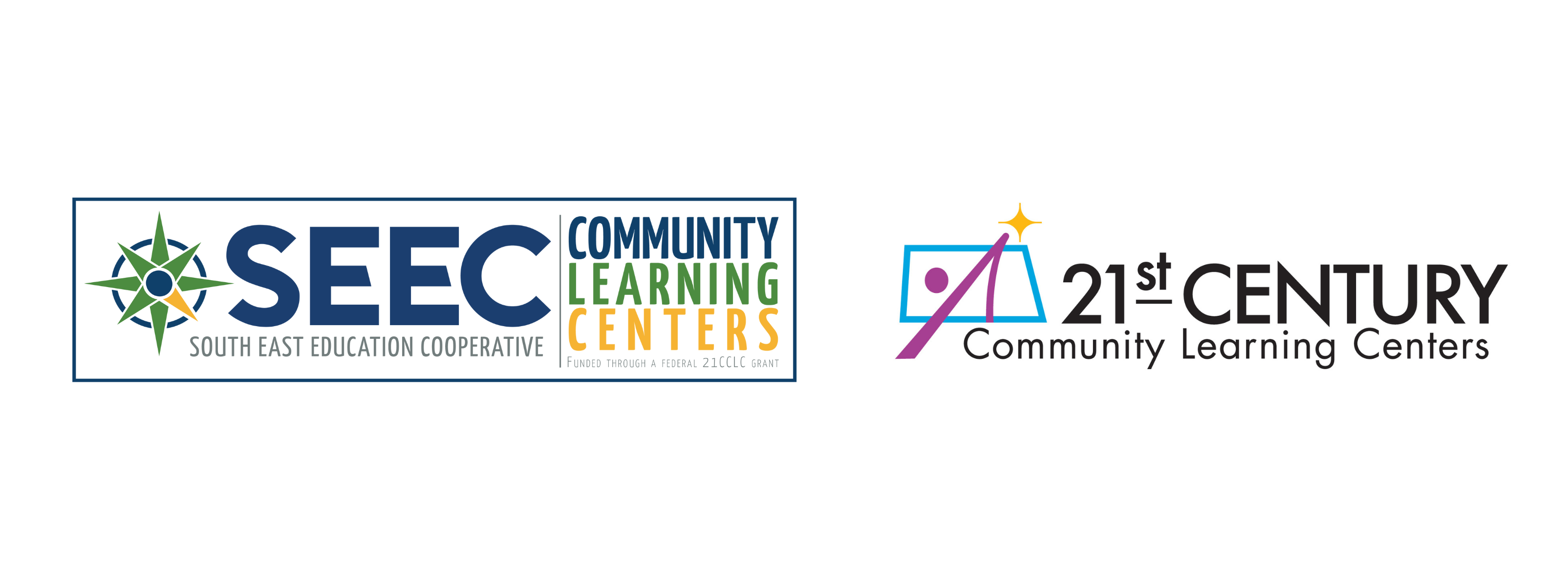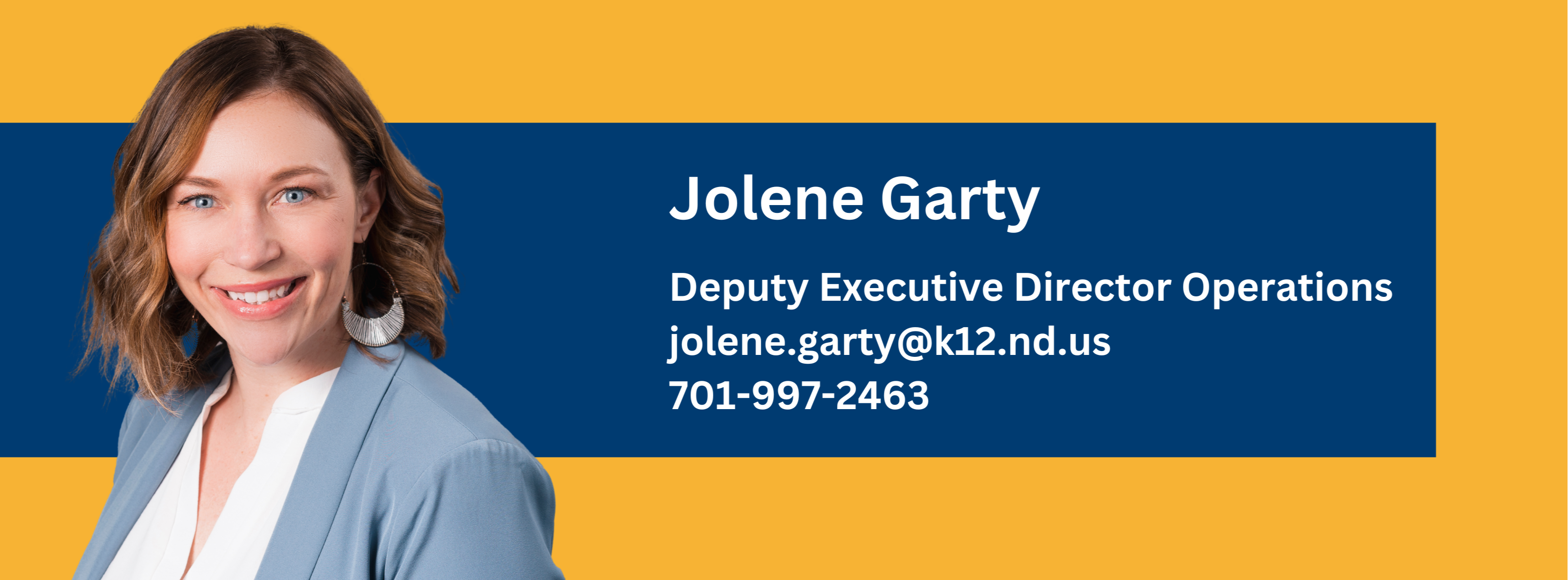Program Format
Format: all SEEC 21CCLC programs implement the Afterschool 7, a framework of essential components proven by research to best meet the physical, essential skills, and academic needs of students in a larger group setting.
Afterschool 7 is an afterschool framework designed to create a community of 21st Century learners. This program supports the creation of community learning centers that provide academic enrichment opportunities during out-of-school time for children, particularly students who attend high-poverty and/or low-performing schools. The program helps students meet state and local education standards in core academic subjects, such as reading and math; offers students a broad array of enrichment activities that can complement their regular academic programs; and offers other educational services to the families of participating children.
7 components (Welcome, Outside, Snack, Huddle Time, Genius Hour, Discovery Time, Physical Activity)
Coaching support
21st Century Skills
STREAM (science, technology, reading, engineering, art, math)
Essential skills
Program Information
Who Can Apply For Funding?
Eligible applicants may include Local Educational Agencies (LEAs) and/or Community-Based Organizations (CBOs), Indian Tribe or Tribal organization, faith-based organizations, institutions of higher education, city or county government agencies, for-profit corporations, and other public or private entities, or a consortium of two or more of such agencies, organizations, or entities.
The eligible applicants will provide assurance that the proposed program was developed and will be carried out in active collaboration with the schools the students attend. Eligible applicants are those who meet one of the following requirements:
Serve students, and the families of those students, who attend schools that have 40% or greater free/reduced lunch. Applicants may use any month within the fiscal year of the competitive process up to the month in which the grant application is due.
Serve students who attend schools operating as Title I schoolwide programs.
Schools that have been identified for comprehensive or targeted support by the NDDPI.
Schools Served
Carl Ben Eielson (Fargo)
Ed Clapp (Fargo)
Eagles (Fargo)
Ellendale
Horace Mann Roosevelt (Fargo)
Jefferson (Fargo)
Lewis & Clark (Fargo)
Lincoln (Jamestown)
Lisbon
Louis L'Amour (Jamestown)
Madison (Fargo)
McKinley (Fargo)
Mapleton
Roosevelt (Jamestown)
Washington (Jamestown)


